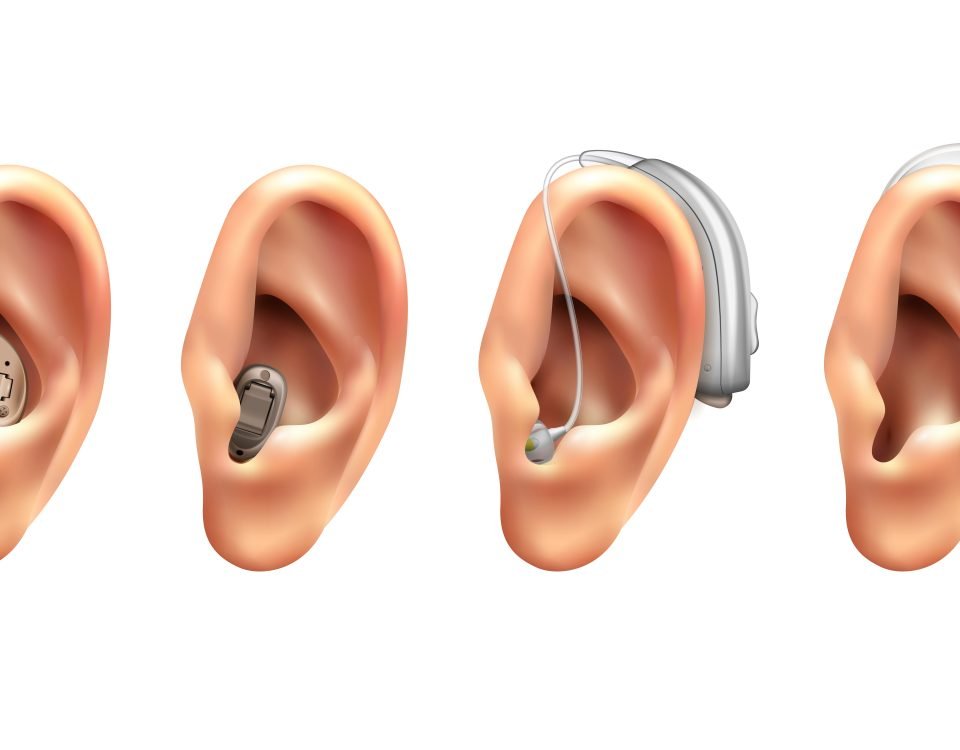- Have any questions?
- +91 474 2769177
- +91 90722 72277
- jk.hgaids@gmail.com
A Comprehensive Hearing Aid Guide 2024: Lifespan, Costs, More

Unlocking the Power of Speech Therapy: A Comprehensive Guide to Effective Exercises
December 14, 2023
What is the Average Life Expectancy of Hearing Aids 2024?
February 5, 2024Hearing is a problem for some of us, right? Nowadays, the number of people suffering from hearing issues is increasing. It’s because of the excessive use of headphones, high volumes, loud noises, sound pollution, etc. The ENT specialist reports showing that they are treating lots of deaf patients and all of them very eagerly wish to hear the sound of the world. Fortunately, technologies have already found a solution: ‘ Hearing Aids’. Hearing aids are now considered to be a significant tool for those who are facing hearing issues. Our advanced technologies manufacture the latest models of hearing aids with numerous benefits and advantages. Here, in our organization, we collaborate with various companies, primarily Signia, Oticon, and Phonak. Signia emerges as the clear winner with its OVP technology. The other two offer robust technology as well. However, Phonak stands out with a broader range of styles and a superior Bluetooth connection. Users often praise Oticon for its relaxed, natural, and comfortable sound quality. In this blog, we’ll cover key topics such as hearing aid’s lifespan, warranty, price, battery consumption, and device maintenance.
Lifespan of Hearing Aids
A hearing aid is a small electronic instrument used to hear sounds clearly. Proper maintenance significantly extends its lifespan. The lasting power depends on usage habits. Unfortunately, some patients mishandle it, exposing it to rain or using it after bathing, impacting its durability. Drops and water damage can affect how long hearing aids last. The average lifespan of modern hearing aids is 4 to 5 years. However, some patients have used theirs for 12 to 13 years due to proper care. Yet, it’s crucial to note that not all hearing aids last for such extended periods. Regular maintenance, coupled with professional examinations, can help to extend their lifespan.
Warranty
When purchasing hearing aids, it is essential to comprehend the terms of the warranty. Warranties will help to cover any repairs or manufacturing defects that happened to your hearing aid, and typically last the first 2 years. We provide a 2 year warranty for our hearing aids, including two free maintenance services during this period. Regular maintenance is crucial to prevent damage from earwax, oil, sweat, etc. If you avail of our maintenance service, your instrument won’t get damaged. The service takes approximately two weeks. Despite this, some patients are hesitant due to the perceived delay or time consumption. For consumers who are worried about ongoing maintenance, some manufacturers provide options for extended warranties.
Battery Consumption & Hearing Aid Battery Life
It is one of the necessary elements when you purchase a hearing aid. What is the battery consumption of a hearing aid? This must be what you were thinking when you bought that. It depends on the type of aid, battery type, size, how often it is used, and how much streaming. Standard hearing aid batteries can last anywhere from 3 to 22 days. A voltage of 1.45 volts usually appears on hearing aid batteries; however, this voltage cannot be reached until the air has been inside the cell for approximately 24 hours. In other words, the voltage could be only 1.1–1.3 volts immediately after the tab is removed. In some cases, the hearing aid lasts for only 2 or 3 days in a recharge, which is because you may live in a rainy, humid climate where things get even wetter. The air vent in your device may get clogged by this excess moisture, reducing the efficiency of your hearing aids. It can even drain the battery directly by interacting with the chemicals that produce electricity.
There are different types of batteries used in hearing aids on the market. But rechargeable and disposable zinc-air batteries are the two most popular battery types used in hearing aids. Rechargeable batteries are more comfortable, convenient, and environmentally friendly. You can use it for up to 24 hours on a single charge. But coming to a disposable battery, it ranges from 5 to 14 days. It depends on the instrument’s size and power.
Every instrument has a different battery life. We have the most varieties of hearing aid models in our custody. ‘Behind the ear’ is one of them. Its battery life is up to 100 to 120 hours and ‘Completely in the canal’ is up to 60 to 80 hours. Technologies paving the way for clear and crip hearing experience through advanced hearing aids with more advantages.
Cost of Hearing Aid Batteries
The price of a hearing aid battery is a crucial factor for a consumer. Different types of batteries are used for different hearing aids. It depends on the different advantages it provides. Rechargeable batteries are more economical in the long run and also help to reduce the environmental damage caused by batteries that are thrown away. While disposable zinc-air batteries are widely accessible and reasonably priced, it is important to consider their total cost over time. We offer a variety of hearing aids, such as Behind the Ear, Completely in the Canal, Invisible, etc. The ‘Behind the Ear’ hearing aid battery costs 11,990 Rs. Some instruments cost as much as 7 lakhs.
Optimizing Hearing Aid Battery Life: Practical Tips for Prolonged Usage
There are some tips for prolonging the battery life of hearing aids. If you obey these tips, you can use the instrument for a maximum period; otherwise, it will be damaged very quickly. Know how to extend your hearing aid battery life. Here we provide some simple tips:
- Buy a hearing-aid dehumidifier.
- Always buy new hearing-aid batteries.
- For best results, keep the battery contacts clean
- Store batteries in a dry and cool place.
- When you’re not using your hearing aids, remember to turn them off.
- Use the appropriate type and size of batteries recommended by your hearing aid manufacturer.
Conclusion
Hearing aids are electronic instruments designed to improve hearing by making sound audible to a person with hearing loss. It is not only a hearing instrument but more than paving the way into the world of meaningful sounds. The informative details about hearing aids, including life span, warranty coverage, battery consumption, and the price of the battery, help consumers make knowledgeable decisions before they buy this product.
Timeline
Discover the world of bright, clear sound with our insightful blog on essential aspects of #hearing aids. Explore topics such as lifespan, warranty, battery consumption, and costs associated with these life-improving #devices. Learn tips for prolonging #battery life and making informed decisions about your hearing well-being. Whether you opt for #rechargeable or disposable batteries, our blog guides you through considerations for an enriching audio experience. Take the first step towards better hearing. Read our blog now and embark on a journey to a world of meaningful sounds.
Frequently Asked Questions (FAQs)
Around 4-5 years on average, but proper care can extend it to 12-13 years!
Typically 2 years, with some manufacturers offering extended warranties. We provide 2 years with 2 free maintenance!
3-22 days for standard batteries, depending on type, size, and usage. Rechargeable batteries last up to 24 hours per charge.
Prices vary, but rechargeable options are more economical in the long run. Our “Behind the Ear” model battery costs 11,990 Rs.
Use a dehumidifier, buy new batteries, keep contacts clean, store batteries cool, turn off when not in use, and use the recommended type/size.
Signia shines with OVP tech, but Oticon and Phonak offer robust tech and Bluetooth options, respectively. Ultimately, the optimal decision relies on your specific requirements and personal preferences.



10 Comments
Good Informative Content
Thank you For Your Valuable review
Good Information . Thankyou for the Insights of Hearing Aids
Thankyou Advi
Great blog, it was helpful for my relative who is having hearing issues. I shared the same to him.
Thank you Arjun
Great blog, providing valuable information in a clear and concise manner
THANKYOU
Valuable information in a clear and concise manner
Thankyou Bincy for your valuable review